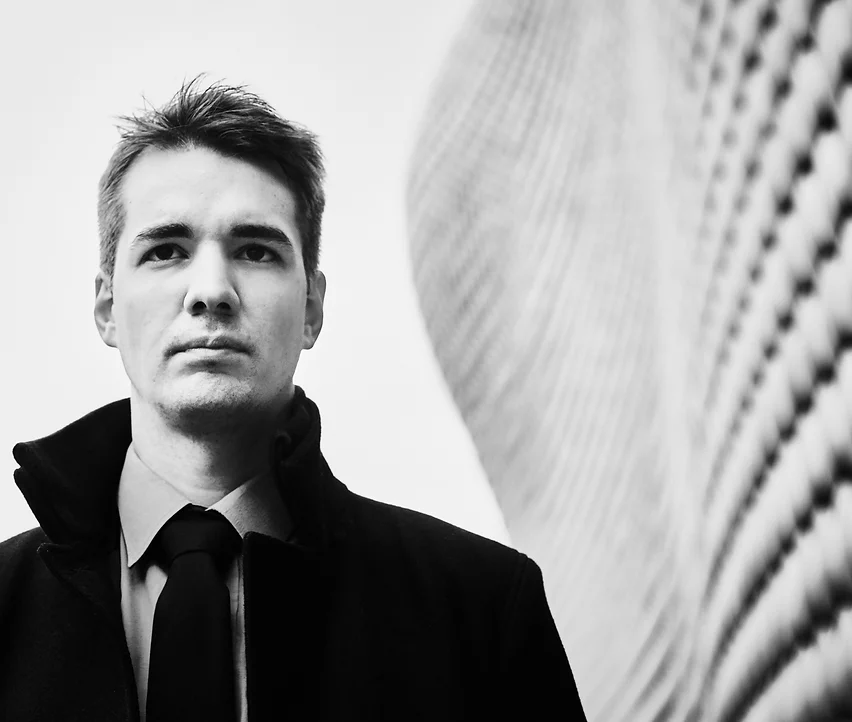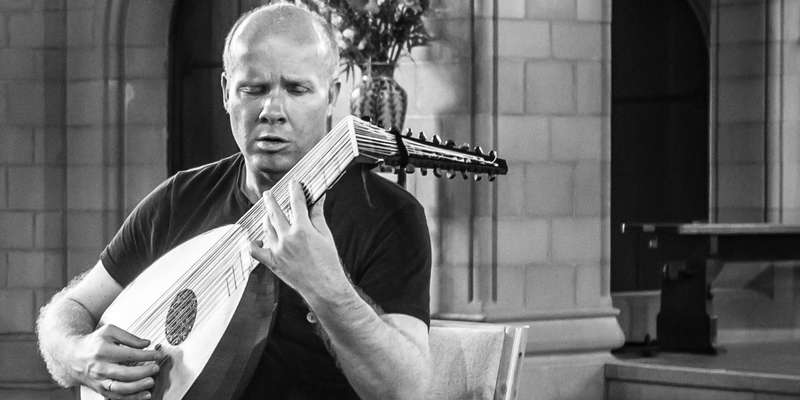
North York Moors Chamber Music Festival: Towards The Flame, Welburn Manor Marquee, August 23
THIS was the most modern of this year’s programmes – 20th century music bar two Dowland lute songs – yet there was no falling-off in attendance, a mark of how dedicated this audience is. Dowland, indeed, was the focus of the first and the last two works on this programme, with two Russian pieces in between.
The pianist Daniel Lebhardt carried the lion’s share of the first half. He opened with Darknesse Visible, written by Thomas Adès in 1992 for solo piano, and inspired by Dowland’s song ‘In Darknesse Let Mee Dwell’ (in the original spelling).
Adès uses only notes from the song, nothing added, but he “explodes” it – his word – so that it occurs at the extremes of the piano, often heavily accented. Snatches of the original are glimpsed fleetingly in the middle of the keyboard, more so towards the end of its seven intriguing minutes. Lebhardt played it without a score, a mark of his diligence.
Prokofiev’s First Violin Sonata, in which Benjamin Baker joined Lebhardt, is one of his most tortured and tortuous. It took him eight years to write, finishing in 1946. While the first movement meandered darkly, a low-lying slow march in the piano, the violin nervously double-stopped before rushing into ghostly semiquavers.

The clarity this duo brought to the work was enhanced by the contrast they brought to the two themes of the succeeding Allegro Brusco. Once again, Baker’s violin grew more frenetic, until the eventual collision of the themes seemed entirely logical.
He allowed a touch of lyricism into the slow movement melody, before a skittish finale, mainly staccato and strongly syncopated. Here the intrusion of the nursery-style melody was served up as a red herring, before the ghostly tones of the very opening restored the sense of menace that hovers around this work. It all sounded very logical in this account.
Lebhardt returned to give Scriabin’s Vers La Flamme – the evening’s title – where he relished the mounting urgency and heavy accents that surround an insistent tremolo. Scriabin’s apocalyptic vision requires considerable pyrotechnics, but Lebhardt tackled them with near-missionary zeal, again by rote.
Lutenist Matthew Wadsworth appeared after the interval in company with viola player Scott Dickinson and pianist Katya Apekisheva. He gave an intimate reading of two Dowland lute-songs, ‘Flow My Tears’ and ‘If My Complaints Could Passions Move’. Britten quotes both of these in his Lachrymae for viola and piano, but uses the second as the basis for a theme and variations in reverse; the theme appears at the very end.
Viola and piano treated the work lovingly, although in its Appassionato section – where part of the first song appears – they turned up the drama. When the theme finally appeared, there was a real sense of catharsis. A satisfying conclusion to what might have been an uncompromising evening.
Review by Martin Dreyer
